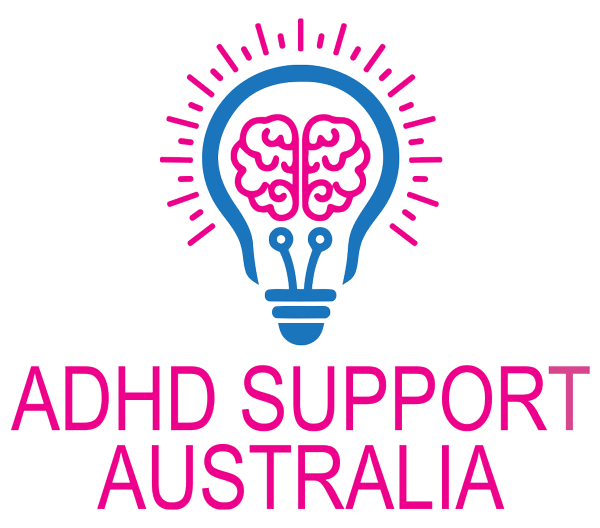
How HSC Special Provisions Work
HSC Special Provisions
If your child is in year 11 or 12 this year, chances are you may have heard the words “Special Provisions” floating around. But what does this mean for your child? Is it something you should be applying for? Who should you talk to for more information?
As a therapist working in a boy’s high school, Special Provisions assessments and documentation are things that come up every year like clockwork. Below is an overview of who should be applying, what provisions you might be looking at receiving and what an Occupational Therapy assessment can do for your child’s application.
Who should apply?
If your child has a significant difficulty with writing, reading, concentration, anxiety, learning or has a physical disability, then they may be a candidate for special provisions. Depending on the level of impairment, one of more provisions may be applied for. It is important to note that if your child has a recognised diagnosis, (ADHD, autism, Cerebral Palsy, anxiety, depression etc) then documentation will be needed to support this application. This may be from a psychologist, G.P, allied health professional or medical specialist, who will provide forms to support you application to the Board of Studies.
When should we apply?
Applications generally need to be submitted to the Board of Studies by the end of Term One (around April). Any assessments and documentation that goes with your application needs to be current (i.e once they formally commence Year 12 work ) and relevant to what provisions you are applying for.
What provisions are available to apply for?
- Rest breaks: when rest breaks are approved, the student generally receives a 5minute rest break every half an hour with no writing allowed. Over a three-hour exam, this adds up to an extra 30 minutes of overall examination time, but the entire time does not need to be used if not needed. This provision is useful for students who have poor writing endurance or feel pain during extended writing tasks, as it allows them a chance to rest their muscles and relieve pain.
- Separate supervision: For students that have difficulties with concentration or anxiety, separate or small-group supervision may be extremely beneficial. This provisions is often combined with others such as extra writing time and rest breaks, to prevent disrupting the main student group.
- Extra writing time: this provision is one that is not often approved for many students. Extra writing time is usually given at the same rate as rest-breaks, and can be used in conjunction with other provisions (ie separate supervision, rest breaks). Students have to display convincing evidence that they would be significantly disadvantaged without extra writing time, or have an impairment that significantly reduces their writing speed and/or endurance.
- Reader and/or writer: If your child has trouble with reading, then they may need a reader to help complete their exams and assessments. This person will read out the questions for the student in place of them trying to read from the page independently. A scribe/writer may also need to be used in conjunction with or separate from a reader. The scribe will listen as the student verbally answers a question, and write their answer down for them. This is often used by students who have extremely illegible and/or very slow writing.
- Use of a laptop: This provision allows the student to use a laptop in place of a written exam or the use of a scribe. It is very rare for this to be approved, unless the student has a significant physical injury/disability and cannot otherwise complete their exam with the use of a writer/scribe or addition of extra writing time.
Do I need an OT assessment?
An OT assessment may be required to assist your application. If your child has issues with writing speed, writing legibility, poor fine motor skills, pain during written examinations and/or reduced writing endurance, then you will most probably require an assessment by an occupational Therapist. During this assessment, the therapist will conduct many standardises and non-standardised tests to help determine what provisions (if any) should be applied for and the reasoning behind these recommendations.
Who should I talk to for more information?
The first point of contact should always be your School’s Academic/Learning Support department. The school will coordinate the application, gather information/work samples from your child’s teachers and they will be in charge of submitting everything to the Board of Studies.
The author, Lisa Hughes, is the Director & Senior Clinician at Occupational Therapy Helping Children – a specialist team of occupational therapists who are dedicated to helping children thrive.
